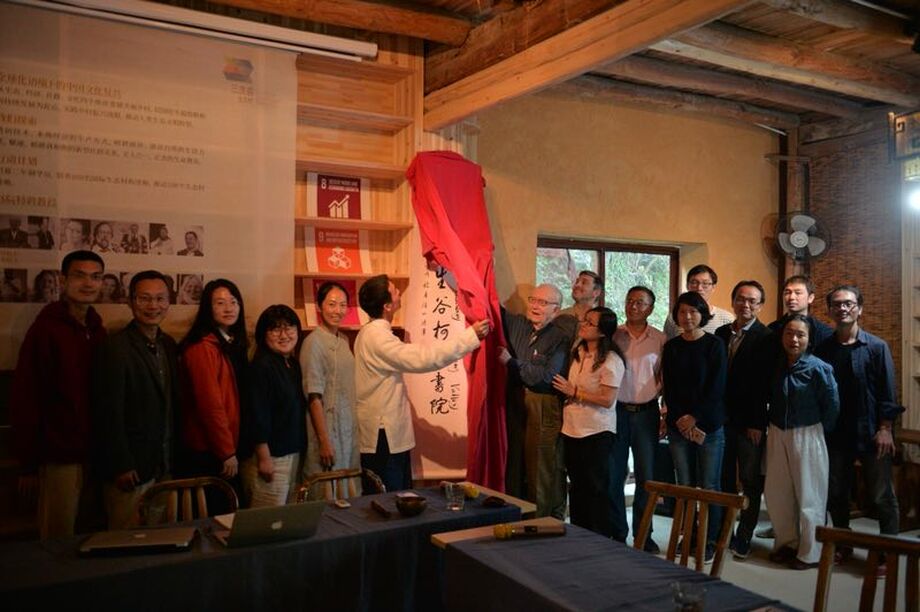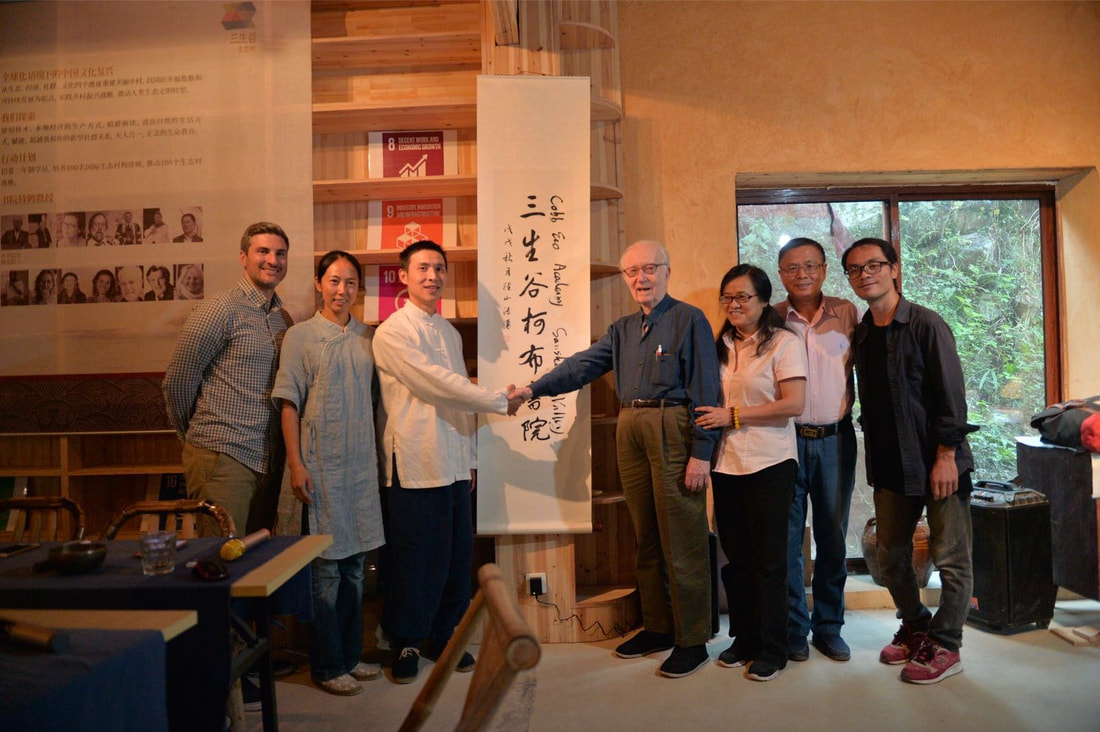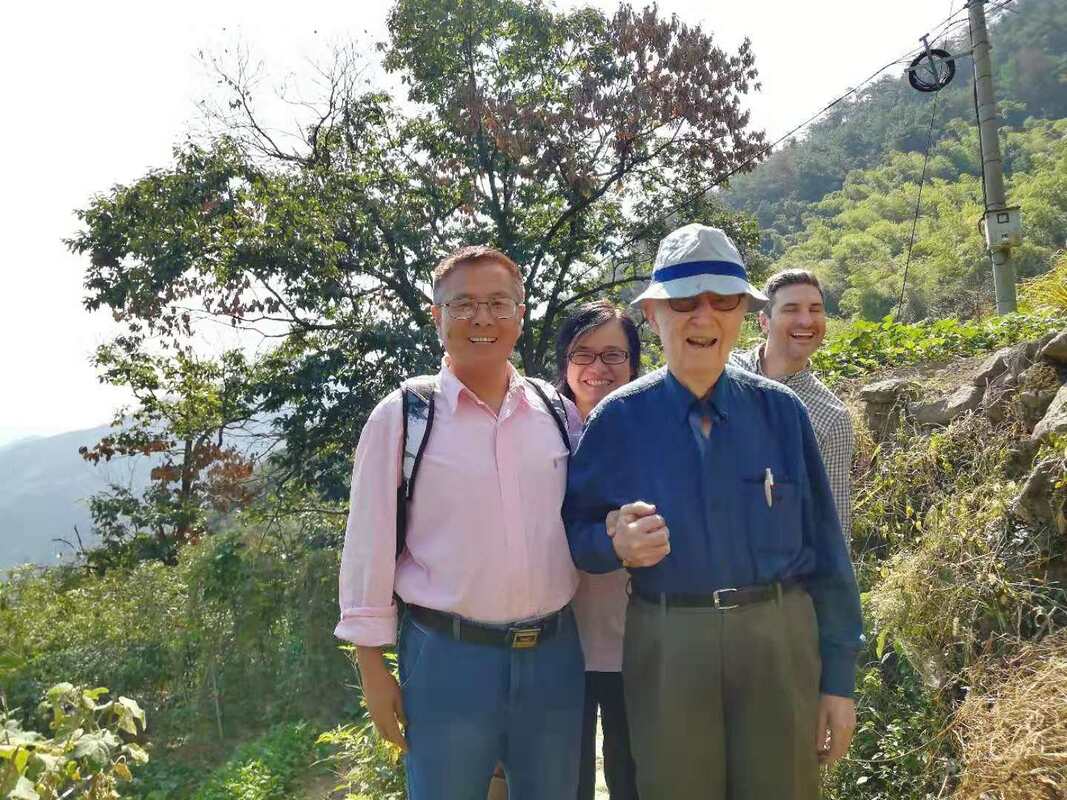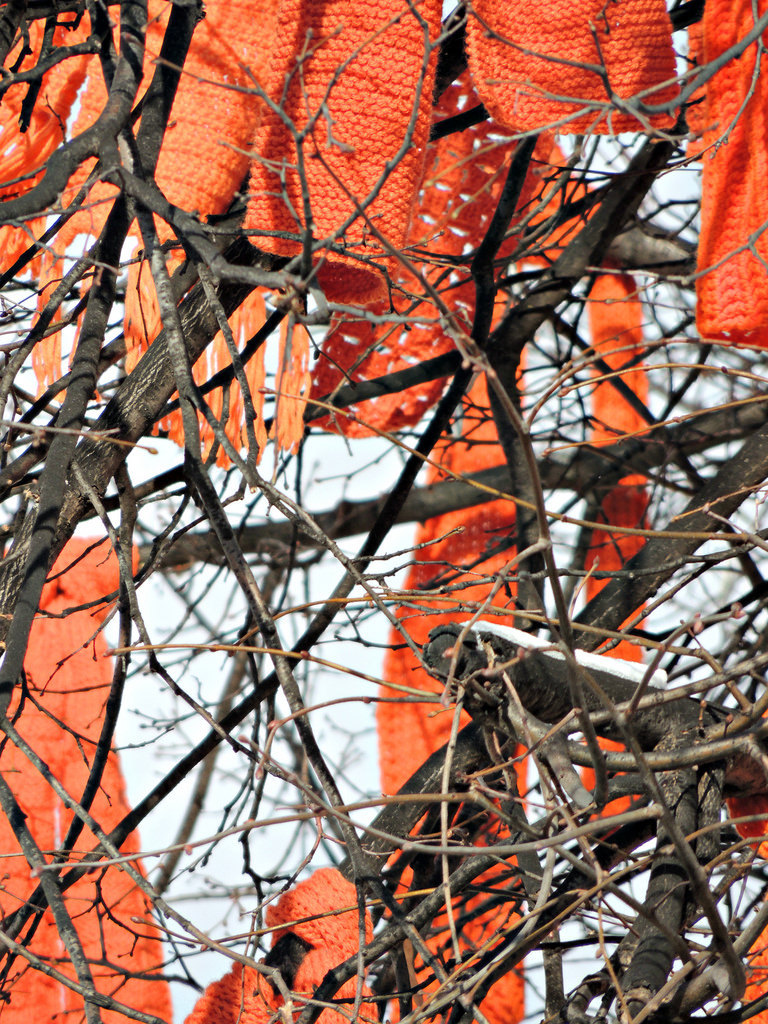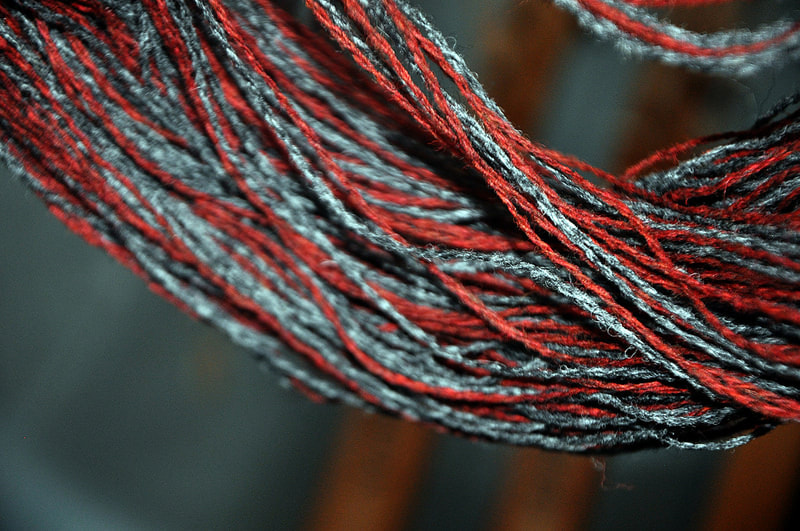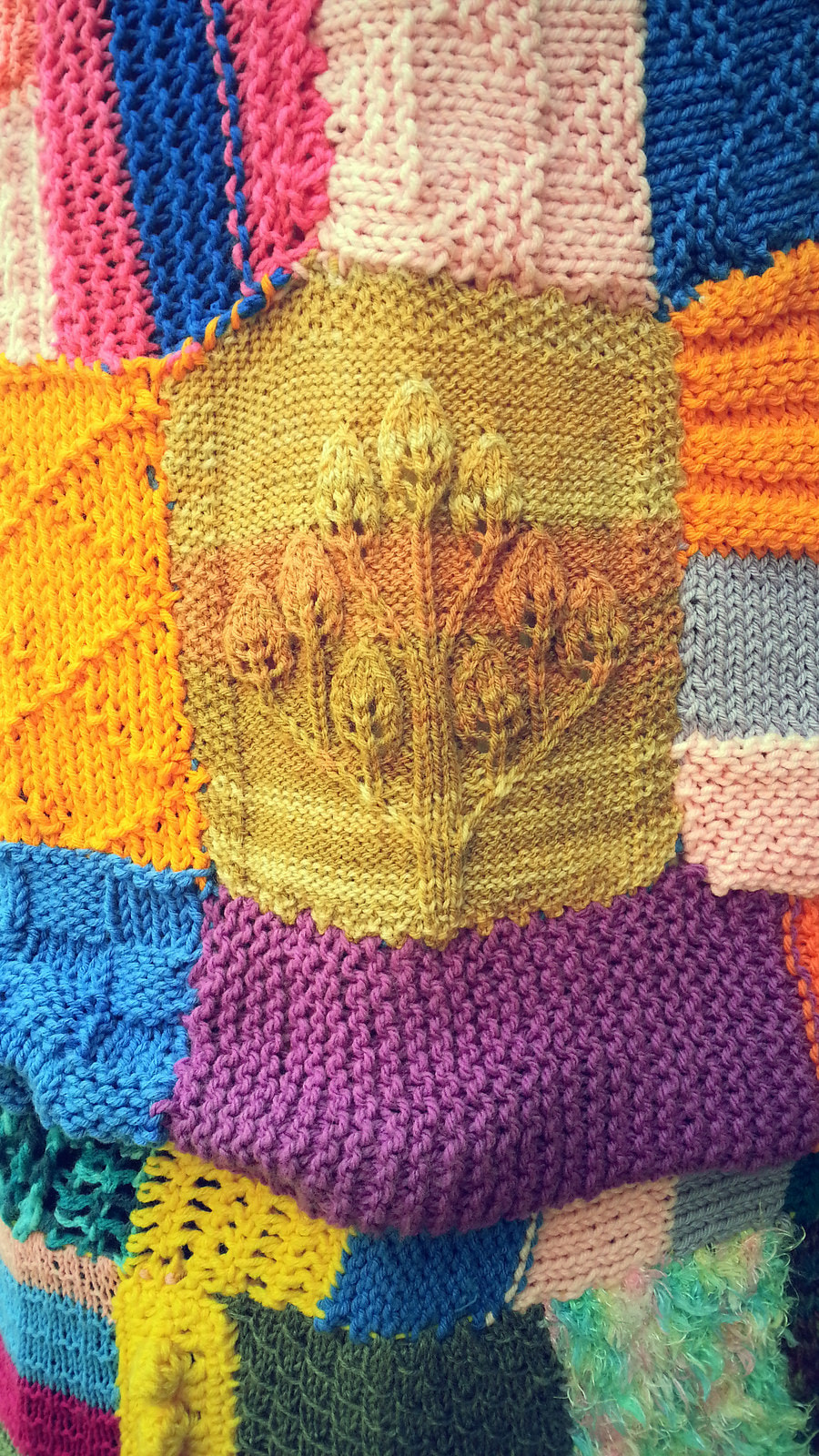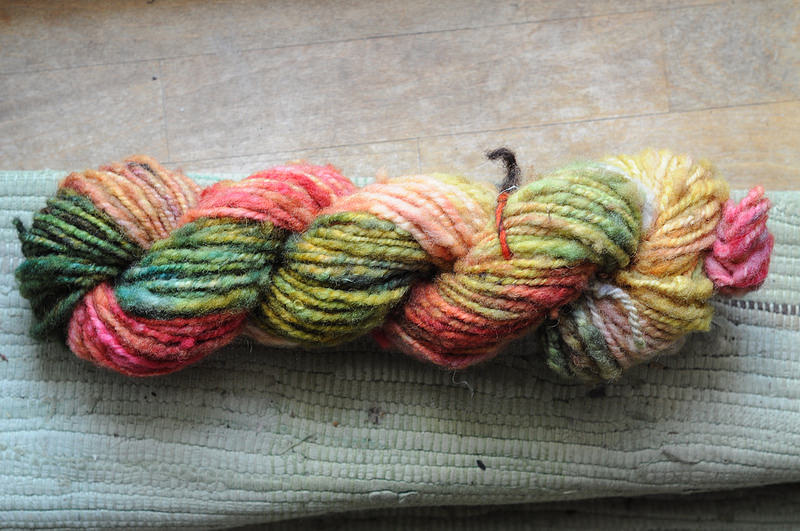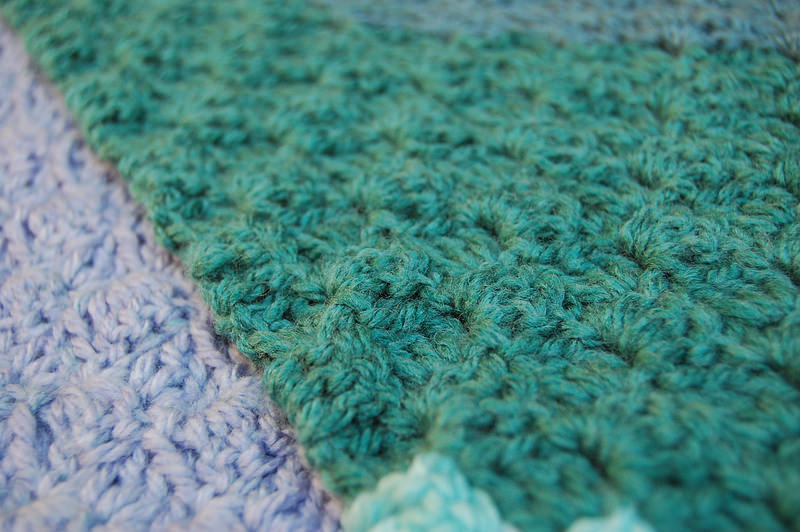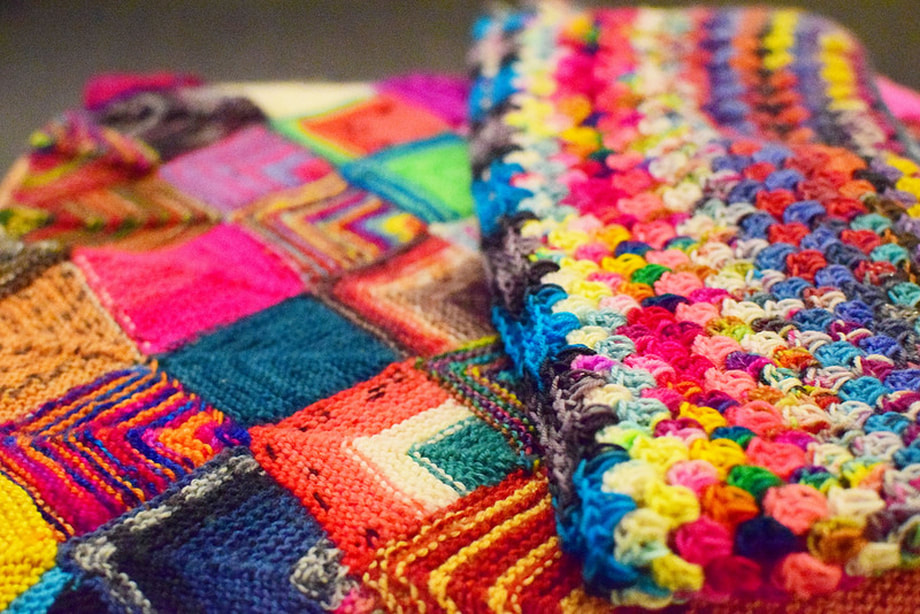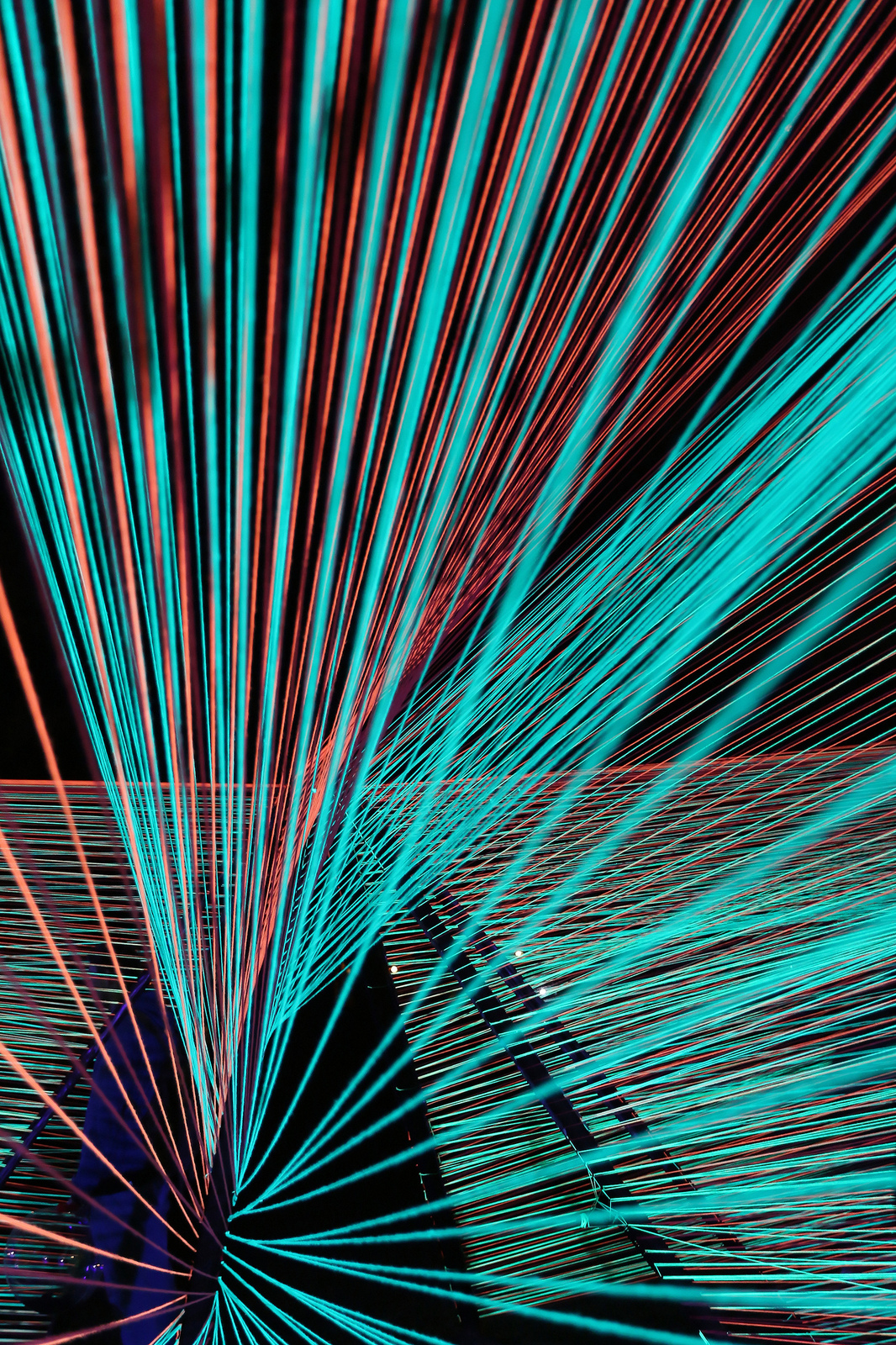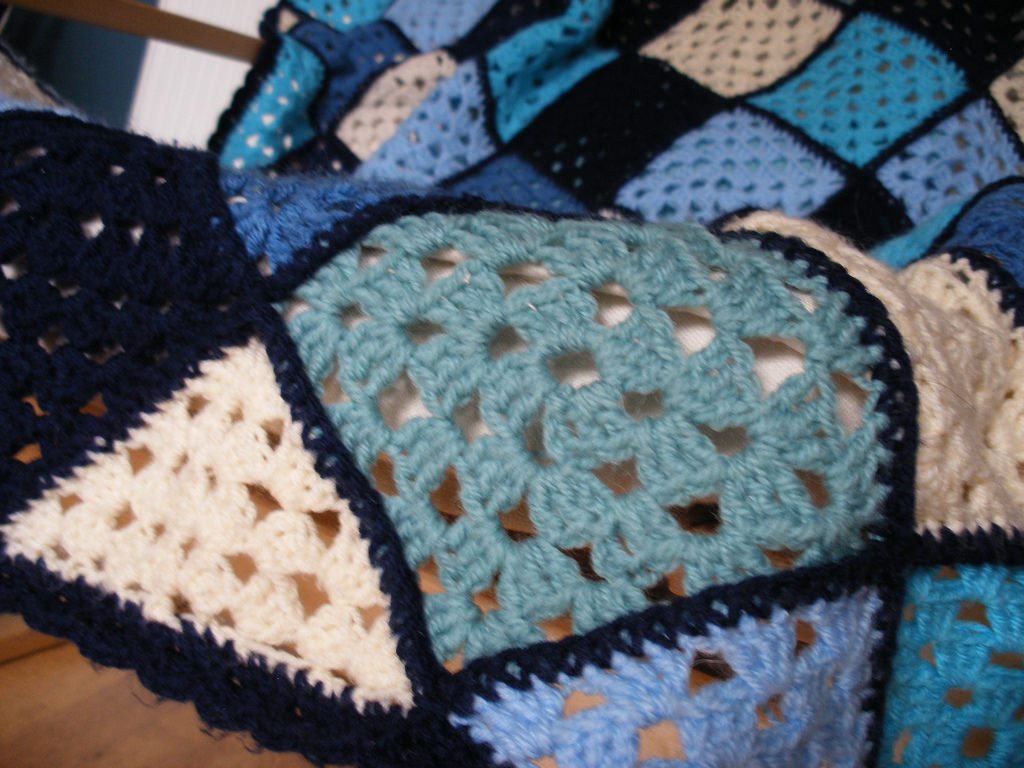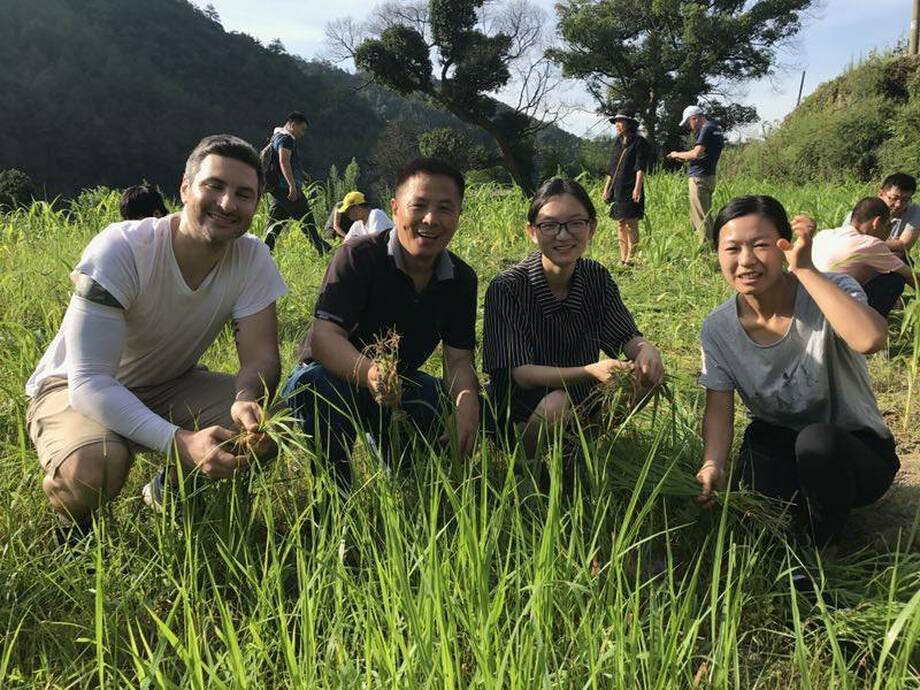Wisdom in Your Hands
In appreciation of the Cobb Ecological Academy at
the Sunshine Eco-Village outside Hangzhou, China,
and
the role that hands-on learning and hands themselves
can play in helping make the world a better place.
2/16/2019
Additional Pages on Process in China in Open Horizons |
| ||||
"Established on October 3rd, 2018, the Cobb Ecological Academy is an educational opportunity that can help your life and world turn for the better. A two-year program of learning aimed at receiving an eco-person leadership certificate, the Academy is named after Dr. John Cobb Jr., one of the world’s renowned ecological thinkers. The program emphasizes hands-on learning, spirituality, and learning to live in community, combined with a recovery of ancient Chinese wisdom and learning about the “philosophy of organism” developed by Alfred North Whitehead and Cobb. The goal of the Academy is to help you become a leader for an ecological civilization: a creative, compassionate eco-person, in your own way. No two eco-persons are identical; each person is unique But all are rooted in the land and traditional wisdom, and all own a global perspective that works for the common good of people, animals, and the earth. The world needs eco-persons, and the Cobb Ecological Academy can help you become one." (from the brochure)
What are ecological civilizations? What is the aim of the Cobb Academy?
They are societies and cultures where people live with respect and care for the community of life, knowing that they are small but included in a larger web of life that includes the hills and rivers, trees and stars. The communities in these societ strive to be creative, compassionate, participatory, egalitarian, humane to animals, and good for the earth, with no one left behind. These communities are all-age-friendly. Every person counts and every voice counts. The spirit of these societies can be found in green villages, green towns, and green cities. But often it is the countryside that best helps people understand their spirit, because in the countryside people can recover forgotten bonds with the natural world and the forgotten wisdom of traditional agricultural societies. At the Sunshine Academy emphasis is placed on three Shengs: (1) educarion for the well-being of life, (2) education for ecology, and (3) education for one's personal lifestyle. The Cobb Ecological Academy (described in the attachment above) helps train young leaders who combine these three shengs, utilizing traditional Asian wisdom and the "philosophy of organism" of Alfred North Whitehead and constructive postmodern philosophy.
|
Personal Reflection: Jay McDaniel
|
Postscript: The Role of Hands and Hands-On
Learning in Helping Heal a Broken World
from the Fiber Craft Studio in Chestnut, NY
Why the crafts are importantToday, more than ever, the crafts have the mission to reconnect the human being to the Earth and her substances, bring healing to the senses and soul,and foster the creative capacities of the human being." The philosophy behind it"In our collaborative working as fiber artisans we are inspired by a spirit-imbued image of the human being, nature and the cosmos. Whether we take in the wonders embodied in a lock of wool fleece or in a silkworm cocoon, or whether we observe a plant as it metamorphoses through the seasons, we cannot but be filled with awe and gratitude for nature's gifts. As we become engaged not only with our eyes and our mind, but also with our hands and our heart, nature begins to reveal her secrets - we may sense and feel the creative spirit active in it. As fiber artisans, it is our task and our privilege to continue the work of nature - working with her materials, inspired by her gestures of color and form, to create objects for daily use that are both functional and beautiful. Balancing usefulness and beauty, so that perfect harmony is achieved, is the goal we set ourselves again and again. As we transform nature's gifts, we practice approaching all realms of life with artistic sensibility. |
Constructive Postmodern Quotations
on hands and handwork
And when we twist fibers into yarn we are actually creating a spiral. And the spiral is a cosmic gesture of creation. |
The human body is an instrument for the production of art in the life of the human soul. |
Transcript of a Video by Renate Hiller (leader in the handcraft movement)
I’m spinning wool with a stone spindle. This tool has been used probably for more than 30,000 years. And when we twist fibers into yarn we are actually creating a spiral. And the spiral is a cosmic gesture of creation.
When we look at our galaxy from outer space it is a spiral. And we find spirals in many, many places — in the plant world — on the back of our head we have a spiral. So, this is an activity that brings us closer to the cosmos, you could say. But at the same time we create something that is useful and beautiful because with the yarn that we have spun we can create sweaters, hats and mittens and scarves and so on.
To have the skill of knitting, to have the skill of crocheting, of felting, makes it possible for us not only to make something but it makes us skilled in general. The use of the hands is vital for the human being, for having flexibility, dexterity. In a way the entire human being is in the in the hands. Our destiny is written in the hand. And what do we do in our modern world with our hands? You know we move the mouse, we drive and so on. We feel plastic most of the time. The hands are relegated to very little that’s actually bringing dexterity to our times. So we have come ever more estranged from nature and from also what other human beings are doing. The whole social element comes into play as well because if I make something then I think ‘Hmmm, how was that yarn made?’
In the past there were all the professions of the shoemaker and the tailor and so on, and that’s also being lost. If you do practical work somewhere on the school grounds, there is practical work going on. The children will all go to that. They’re really drawn to that. They want to experience it and however the reality is that there’s less and less of that. In the home, you know you can use already bought vegetables, all chopped up and ready to eat. There is very little activity like kneading the bread, and you know children grasp first an item and then they grasp with their mind. So if they have very little to grasp other than plastic readymade toys then what their mind grasps is very little. The toy automatically moves and you know children can only be kind of astonished by that.
So though there is this loss of understanding the value of things, of the meaning of things, and in handwork, in transforming nature we also make something truly unique that we have made with our hands, stitch by stitch, that maybe we have chosen the yarn, we have even spun the yarn — even better, and that we have designed. And when I do that, I feel whole. I feel I am experiencing my inner core because it’s a meditative process. You have to find your way; you have to listen with your whole being. And that is the schooling that we all need today. Because we’re so egocentric and this makes us think of what is needed by something else. So we are in a way practicing empathy — empathy with the material, empathy with the design. I think this practicing of empathy that we do in the fiber crafts is paramount for being healing to our world. And it’s a service for the divine that we are surrounded by.
When we look at our galaxy from outer space it is a spiral. And we find spirals in many, many places — in the plant world — on the back of our head we have a spiral. So, this is an activity that brings us closer to the cosmos, you could say. But at the same time we create something that is useful and beautiful because with the yarn that we have spun we can create sweaters, hats and mittens and scarves and so on.
To have the skill of knitting, to have the skill of crocheting, of felting, makes it possible for us not only to make something but it makes us skilled in general. The use of the hands is vital for the human being, for having flexibility, dexterity. In a way the entire human being is in the in the hands. Our destiny is written in the hand. And what do we do in our modern world with our hands? You know we move the mouse, we drive and so on. We feel plastic most of the time. The hands are relegated to very little that’s actually bringing dexterity to our times. So we have come ever more estranged from nature and from also what other human beings are doing. The whole social element comes into play as well because if I make something then I think ‘Hmmm, how was that yarn made?’
In the past there were all the professions of the shoemaker and the tailor and so on, and that’s also being lost. If you do practical work somewhere on the school grounds, there is practical work going on. The children will all go to that. They’re really drawn to that. They want to experience it and however the reality is that there’s less and less of that. In the home, you know you can use already bought vegetables, all chopped up and ready to eat. There is very little activity like kneading the bread, and you know children grasp first an item and then they grasp with their mind. So if they have very little to grasp other than plastic readymade toys then what their mind grasps is very little. The toy automatically moves and you know children can only be kind of astonished by that.
So though there is this loss of understanding the value of things, of the meaning of things, and in handwork, in transforming nature we also make something truly unique that we have made with our hands, stitch by stitch, that maybe we have chosen the yarn, we have even spun the yarn — even better, and that we have designed. And when I do that, I feel whole. I feel I am experiencing my inner core because it’s a meditative process. You have to find your way; you have to listen with your whole being. And that is the schooling that we all need today. Because we’re so egocentric and this makes us think of what is needed by something else. So we are in a way practicing empathy — empathy with the material, empathy with the design. I think this practicing of empathy that we do in the fiber crafts is paramount for being healing to our world. And it’s a service for the divine that we are surrounded by.
